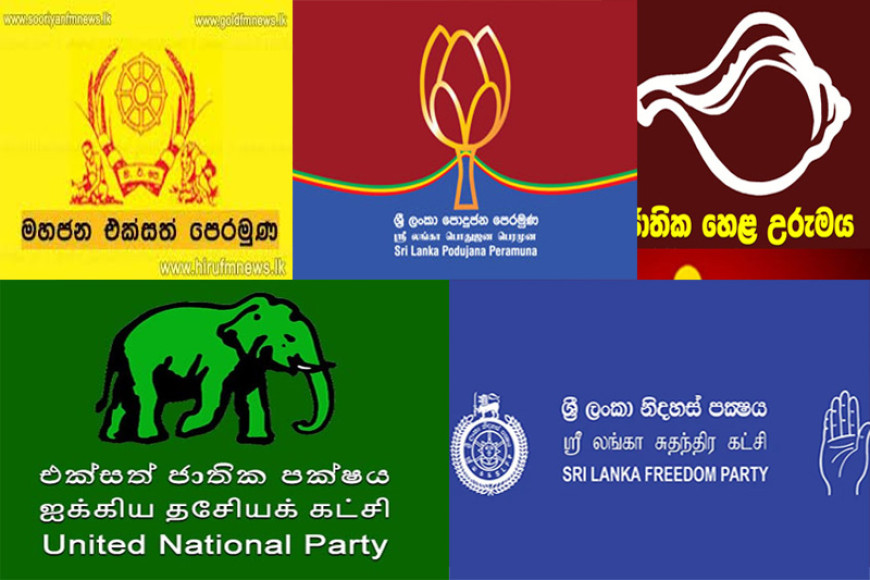In a week before the Sinhala and Hindu New Year celebrations with people in holiday mood going for shopping and preparing for festivities, cracks have emerged in the fold of main opposition political parties growing with the formation of alliances.
Wide angle zoom in to Sri Lanka Freedom Party’s internal crisis following the Colombo District Court issuance of enjoining order preventing former President Maithripala Sirisena from functioning as the chairman of the SLFP.
Three days before this legal action, Colombo District Court issued an interim injunction order against the removal of MPs Duminda Dissanayake, Lasantha Alagiyawanna and Mahinda Amaraweera from their posts in SLFP.
Amidst the ongoing drama involving the SLFP, Sirisena seems to be heading toward yet another crisis, with moves by a group of MPs to push for a three-day debate on the Easter Sunday attacks and the recent statements about the real masterminds behind the attacks.
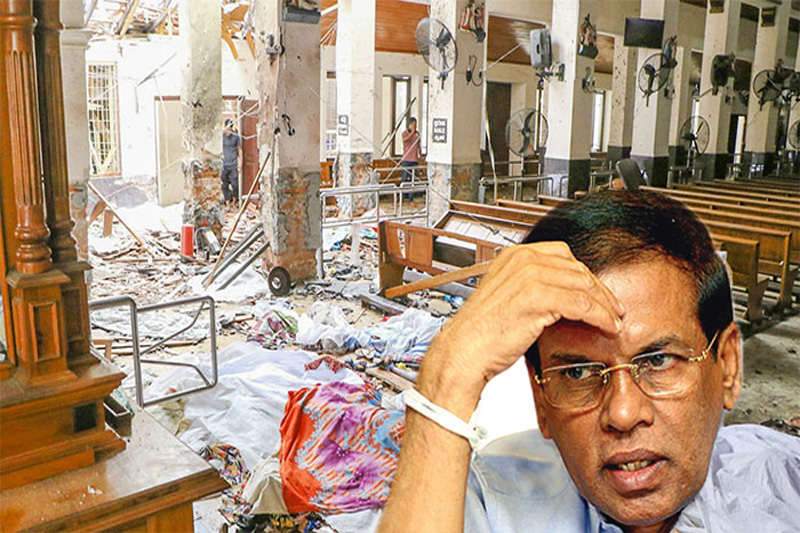
The three-day parliamentary debate will result in Sirisena once again being in the spotlight to reveal the details behind his recent controversial statement about his knowledge of the mastermind behind the Easter Sunday attacks implicating Indian High Commission.
He was pushed into the boiled soup following the refusal by the Indian High Commission to a Sirisena;s request for meting tith indiandiplomats to explain his conrvertial statement
This has weaken stranglehold of SLFP Leader Maithripala Sirisena over the party prompting the comeback of former President Chandrika Bandaranaike Kumaratunge to take over the reins of the party formed by her father the late PM SWRD Bandaranaike by uniting Buddhist priests , indigenous medical actioners, farmers and workers.
The talk of the town is strengthening the SLFP to face the upcoming elections in a grand coalition with President Ranil Wickremasinghe and the UNP along with its allies in the upcoming presidential elections if it is held before general election this year.
It explores political contexts and conditions that have made coalition politics an enduring feature in the politics of parliamentary governance in Sri Lanka since the political independence of 1948
Sri Lankans have experienced good bad and the ugly effects of the evolution and dynamics of Sri Lanka’s electoral democracy, party system, electoral systems, and ethnic politics and their impact on the politics of regime formation as well as making and breaking-up of coalition regimes.
The formation of a Samagi Jana Balawegaya (SJB)-led alliance with a group of dissident Sri Lanka Podujana Peramuna (SLPP) MPs has had a major cracking impact on Sajith Premadasa led SJP with several stalwarts openly criticizing the move.
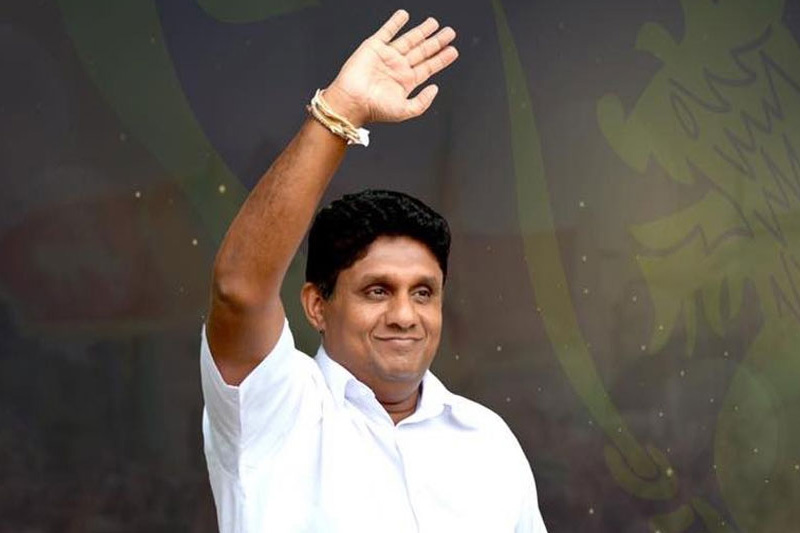
However, on Friday, the SJB signed an MoU with a group of six dissident SLPP MPs – G.L. Peiris, Dilan Perera, Nalaka Godahewa, Dr. Upul Galappaththi, Wasantha Yapabandara, and K.P.S. Kumarasiri. These members were formerly part of the Freedom People’s Council (FPC) that was co-chaired by dissident SLPP MP Dullas Alahapperuma.
With a group of six members of the FPC now officially joining with the SJB alliance, the rest of the FPC members, it is learnt, are also looking at joining with another political alliance in the making.
The absence of the minority parties in the current SJB alliance, like the Sri Lanka Muslim Congress (SLMC), All Ceylon Makkal Congress (ACMC), and the Tamil Progressive Alliance (TPA), in the new SJB alliance was quite surprising.
SJB National Organiser MP Tissa Attanayake has fired a salvo against the joining hands with various break away groups with members hated by the public for their miserable performance during Gitabaya Rajapkse regime.
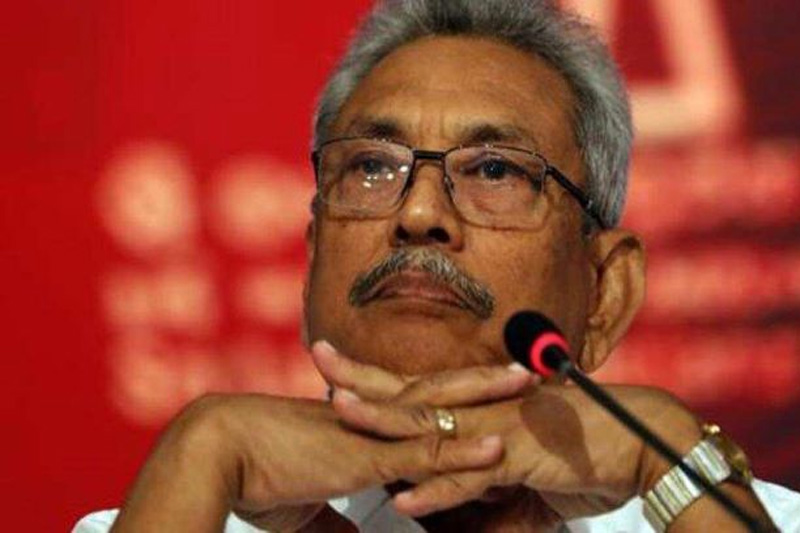
He noted that the formation of Peoples Unity Allaince joining hands with disgraceful persons like Nalaka Godahewa and Dilan Perera without the knowledge of SJP senior members’ will devide the party.
Expressing similar views former Justice Minister and SJP MP Thalatha Athukorale said that atleses 15 MPs of the party were disheartened by this move.
Internal conflicts of the party have emerged on four fronts from MP Thalatha Athukorale’s You rube interview this week, SJB President Sarath Fonseka and State Minister Diana Gamage’s open challeges agaianst Sajith Premadasa along with clashes between MPs channa Jayasumana and Risahrd Badudeen.
A major clash has been erupted between Dr Haraha de Silva and Nalaka Godahewa showing signs of dividing the party in the middle.
President Ranil Wickremesinghe has embarked on forming a grand alliance to back him at the Presidential Elections in the New Year, UNP General Secretary Palitha Range Bandara said recently.
“We are talking to many political parties and many will join us to back Mr. Wickremesinghe at the Presidential Elections this year,” he said in response to a question raised by journalists as to whether the UNP had begun any discussion with anyone from SJB.
“President Wickremesinghe will surely be contesting the Presidential Elections,” he said adding .that Mr. Wickremesinghe and the UNP does not expect Leader of Opposition Sajith Premadasa to become a contender.
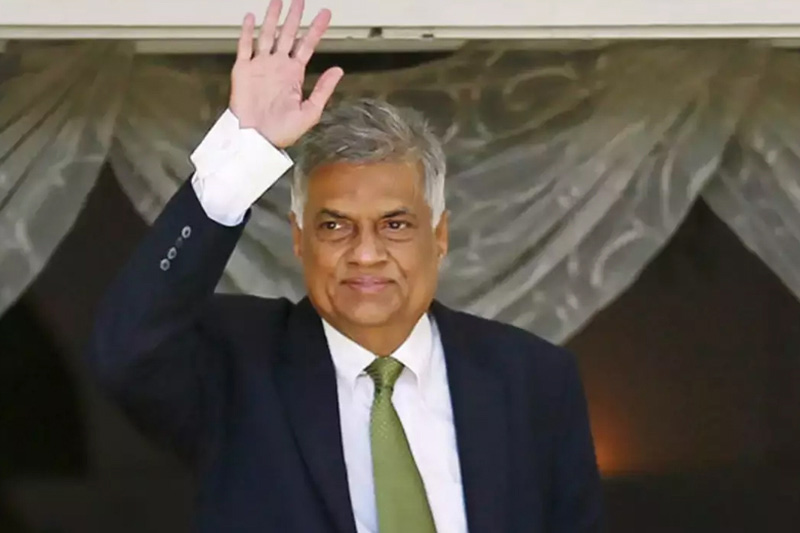
“We don’t expect Mr. Premadasa to contest the Presidential Elections as he would be left without a formidable team as time goes on,” Mr. Range Bandara said.
Meanwhile, the United National Party (UNP) faced some internal strife of its own recently, with some party seniors arbitrarily declaring individuals as party organisers. Some such appointments had even caused much controversy.
One of the appointments that had caused controversy was that of Arun Siddharthan as the UNP’s Organiser in Jaffna. The announcement was made by party senior Ravi Karunanayake during a recent event in Jaffna.
All political alliances are ultimately marriages of convenience. Sri Lankan politics has always been rooted in such alliances, which have dissolved even in the best of times.
In the face of a deeply polarized political climate, and with an even more polarizing election season on the way, one thing thus remains clear: the days of the SLPP’s marriage with the UNP are numbered. It is not a question of whether it will end, but when, and how
Zoom into JVP wolf in sheep clothing
Be that as ir may the Janatha Vimukthi Peramuna (JVP, the main party within the NPP) is known for launching its election campaigns prematurely.

This is why, despite their rallies being well-attended and their anti-establishment discourse being attractive to people in general, their popularity has not translated to votes, never having gone more than 5% at a general election so far. However, this trope may not hold as firmly this time.
Majority of the people still have fear phycosis created by JVP in 1971 insurfency and 1988 -1989 sunversive activities which had resultry in vat distraction to public wealth and property incurring immessurrable loss to the country’s economy.
1971 Pionering Socialst Organisation urged the NPP leader Anura Dissanayake to engage in responsible politics preventing the reoccurrence youth uprising again leading to blood bath.
This appael has been made by the convener of the organization Kalyana Karunaratne to NPP leader via the Ven Kalawellagoda Chandaloka Thera
Mt. Karunaratne noted that they as partcipents of 1971 insurgency will never allow the JVP to repeat its its violent campaign at a time where the country is still suffering from the repurcussuions of mass distructions 53 years ago.
The official death toll in 1871 insurgency was 1,200, but unofficial sources reliably estimated it at 4,000–5,000. Forty-one civilians were killed by the insurgents. The insurgency caused Rs 2.7 million in damage to public and private property; other institutions lost Rs 3 million. Over Rs 450 million earmarked for capital development was not spent as intended due to the insurgency.
The JVP destroyed 113 vehicles owned by politicians, 76 houses of police officers, various homes of Indian businessmen, 553 C.T.B. buses, 15 C.T.B. depots, and a C.T.B. workshop. It destroyed various foreign construction projects in 1987–1989 JVP insurrection (around 60,000 lives lost).
The 1987–1989 JVP insurrection, also known as the 1988–1989 revolt or the JVP troubles, was an armed revolt in Sri Lanka, led by the Marxist–Leninist Janatha Vimukthi Peramuna, against the Government of Sri Lanka.
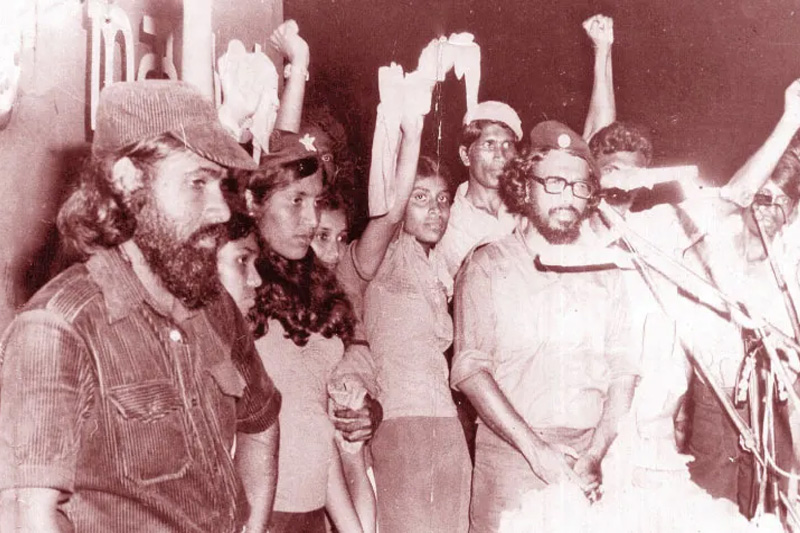
The insurrection, like the previous one in 1971, was unsuccessful. The main phase of the insurrection was a low-intensity conflict that lasted from April 1987 to December 1989. The insurgents led by the JVP resorted to subversion, assassinations, raids, and attacks on military and civilian targets
Aside its military activity, the JVP conducted a social campaign against the Indian intervention. In 1986, even prior to the signing of the Indo-Lanka deal, JVP began delivering posters warning about a possible Indian invasion. The JVP undertook numerous anti-Indian propaganda efforts, including protest strikes, prohibition of wearing the Indian Sari, and boycotts of Indian goods.


